Propel provides innovative insurance solutions to thousands of companies across the country. We make it our business to know your world inside and out.
Agents & Brokers, Senior Care
The Difference Between Good and Great in Long Term Care
We have all heard the statistic that every day between January 1, 2011 and December 31, 2029 10,000 baby boomers are turning 65 – creating what is being referred to as the Silver Tsunami.
Long term care (LTC) operators are developing new communities in record numbers to try and build up their inventory to meet the demand. But are all operators equal? What is the difference between a good operator and a great operator; and is there a correlation between an operator’s operations and risk management programs? And do these differences result in a lower cost of risk, and higher net operating income (NOI)?
The short answer is yes.
A good operator has comprehensive policies and procedures addressing the top five most common risks: resident falls, abuse, pressure ulcers, medication errors and elopement. A great operator, in addition to these policies and procedures, also has a means to track compliance and measure performance improvement.
According to a 2014 American Health Care Association study, the liability costs for a good operator could increase as much as 5% in 2015. Great operators will mitigate the increase with their robust enterprise approach to risk management. Great operators have a quality assurance program designed to identify opportunities for improvements, implement changes to address the risk and monitor the operations for compliance. Their commitment to risk management results in better loss ratios and more aggressive insurance renewal rates.
A good operator provides appropriate training and education in topics such as medical documentation, lifting and transferring, loading and unloading wheel chair residents, has elopement drills and a comprehensive program for residents’ assessments. A great operator takes it to the next step and looks for opportunities to provide training in current trending issues such as hostile work environment and responding to an active shooter.
A good operator suffers from high turnover rates particularly at the Care Management level. Employees are typically disgruntled, feel devalued and are quick to provide testimony for any attorney willing to listen. A great operator has exceptional employee loyalty and retention rates. They recognize those employees who provide quality resident care, deliver regularly scheduled objective performance reviews and survey employees for suggestions for improving resident care. As a result, a great operator has loyal well-trained employees committed to providing exceptional care.
The ability to identify trends, develop benchmarks, implement change and measure improvement are all characteristics of a great operator. Their cost of risk is lower, liability insurance costs lower and as a result their NOI is higher. With commitment and perseverance a good operator can become great.


